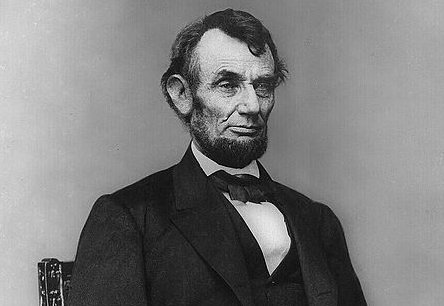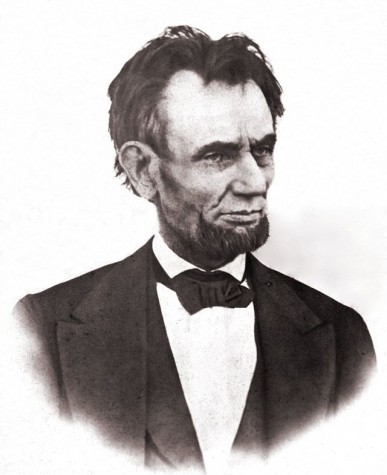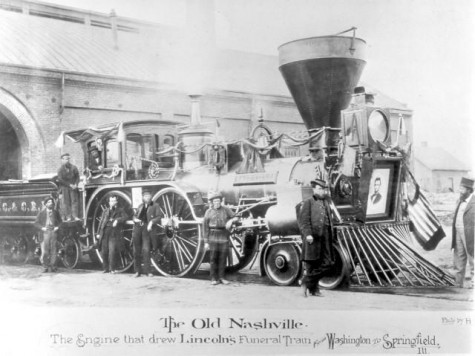The Union’s darkest day
After being shot, Lincoln died 150 years ago today

IMAGE / Public Domain
A portrait of President Abraham Lincoln.
One hundred and fifty years ago, April 14, 1865, President Abraham Lincoln was attending the play “Our American Cousin” at Ford’s Theatre in Washington, D.C., when he was fatally shot, passing away the next morning.
The assassination occurred just as the American Civil war was coming to a close– five days after the commander of the Confederate Army of Northern Virginia, Gen. Robert E. Lee, surrendered to Lt. Gen. Ulysses S. Grant and the Union Army of the Potomac.
Lincoln was shot by John Wilkes Booth, while Booth’s three co-conspirators, Lewis Powell and David Herold, and George Atzerodt, attempted to kill Secretary of State William H. Seward, along with Vice President Andrew Johnson.

A portrait of President Abraham Lincoln. This is the last known high-quality photograph of him.
By simultaneously killing the top three people in power, Booth and his co-conspirators hoped they could break the continuity of the United States government.
Booth’s conspirators’ plot failed, however. Powell only managed to wound Seward, while Atzerodt, Johnson’s would-be assassin, fled.
After being shot, a doctor in the audience analyzed the paralyzed president, then Lincoln was brought to Peterson’s Boarding House across the street from the the theater, where he died the next morning.
Booth’s conspirators were eventually captured, and Booth was shot while trying to escape from Union soldiers.
Lincoln was the first American president to be assassinated.
Abraham Lincoln served as president from March 4, 1861, to his death on April 15, 1865.
After 150 years, there have been countless conspiracy theories, the idea that Lincoln anticipated his death, and many

The steam train “Old Nashville” pulled the funeral train for President Abraham Lincoln.
other story-changing ideas.
All in all, Lincoln made a huge influence to the civil rights efforts, especially with the Emancipation Proclamation that freed slaves.
After Lincoln’s death, however, the civil right’s movement was put on a path of further discrimination, like the passing of Jim Crow laws that dominated the south for the next 100 years.
Mr. Rob Markwardt, history teacher, said that Lincoln’s death shook the entire nation.
“(Lincoln’s death) further divided the nation and brought forth a harsh reconstruction era,” Markwardt said. “A southern democrat soon took the White House (President Johnson) and the “Radical Reps” became in control of Congress.”
This brought forth a great divide between the president and Congress.
Johnson believed slaves should not have been emancipated, while congress emphasized the need for civil and voting rights for blacks.
Citizens in the 1860s differed in their views of Lincoln. Some saw Lincoln as an amazing president, rallying for the freedom of enslaved blacks. Others saw Lincoln as an oppressor, getting rid of essential rights like habeas corpus.
“Lincoln is seen as one of our greatest for persevering through an increasingly challenging time,” Markwardt said.
Since it’s been 150 years, besides grieving for what once was a president, the nation may consider all of the things Lincoln did in his lifetime to enhance the lives of others and keep the Union whole.

Class: Senior
Extracurricular Activities: Drama Club, Thespian Society, National Honor Society
Sports: Soccer
Hobbies/Interests: Reading, Writing,...










